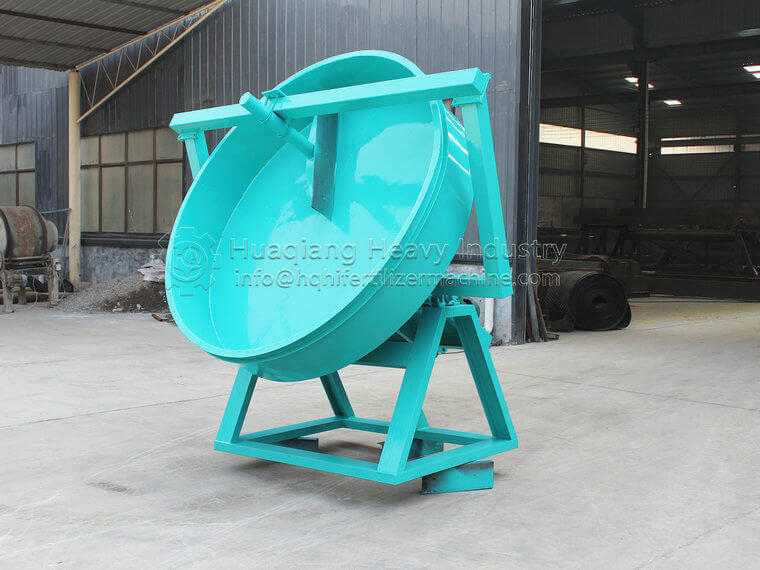In the organic fertilizer industry, granulators are a very important equipment. There are also different types of organic fertilizer pelletizers, such as extrusion pelletizers, rotary pelletizers, and disc pelletizers, all of which have their own advantages and disadvantages. The specific one that is good can be based on one’s own needs and production requirements. For a complete set of equipment, the price may vary depending on different brands, specifications, and production capacity. Generally speaking, the price of granulators can range from several thousand to tens of thousands. Of course, the specific price also needs to be determined based on the specifications and functions of the equipment you need.
Different granulation processes for organic fertilizers require different types of granulators. When making organic fertilizers, which suitable granulator should be used? Firstly, we need to understand the advantages and disadvantages of each granulator:
1. Squeezing granulator
Belongs to dry granulation, without the need for drying process, with high granulation density, good fertilizer efficiency, and full organic matter content; It also saves the cost of purchasing dryers and cooling machines, and there is no need to burn coal in the later stage, which saves a significant amount of funds. However, the granulation process of the squeezing granulator belongs to a flat circular shape, which is prone to jamming during machine sowing of crops in the field, and its fluidity is not very good. Therefore, if organic fertilizer is produced for machine sowing farmers, this granulation process should be used with caution, and it is recommended to use compound fertilizer and compound mixed fertilizer.
2. Stock conversion granulator
It is a process that has been used for granulation of compound fertilizers and can also be used to produce organic fertilizers, but the granulation rate is relatively low. If producing organic and inorganic organic fertilizers, this process can be chosen.
It is a relatively traditional process, with smooth grain production and good appearance, but the only drawback is low density; At present, people are pursuing new types and methods of granulation, so the number of users is gradually decreasing (universal type).
4. New Organic Fertilizer Granulator
This process has high yield and smooth processing. If an organic fertilizer throwing machine is added, the granulation can be comparable to disc granulation. However, it is necessary to purchase a dryer and a cooling machine, and the entire set of equipment for this process of organic fertilizer is expensive.
The above are the advantages and disadvantages of mainstream granulation machines on the market. After seeing this, everyone must be able to choose the granulation machine they want! Choosing according to one’s own needs and requirements is appropriate and good!